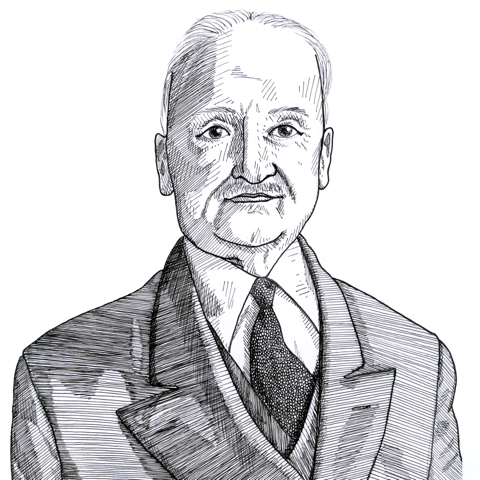
Mises on liberalism and the battle of ideas (1927)
Found in: Liberalism: The Classical Tradition (1927) (LF ed.)
Ludwig von Mises (1881-1973) argued that the power of liberal ideas were so great that they would eventually succeed in “conquering the minds of officials and soldiers” everywhere:
Liberty
When liberal ideas began to spread to central and eastern Europe from their homeland in western Europe, the traditional powers—the monarchy, the nobility, and the clergy—trusting in the instruments of repression that were at their disposal, felt completely safe. They did not consider it necessary to combat liberalism and the mentality of the Enlightenment with intellectual weapons. Suppression, persecution, and imprisonment of the malcontents seemed to them to be more serviceable. They boasted of the violent and coercive machinery of the army and the police. Too late they realized with horror that the new ideology snatched these weapons from their hands by conquering the minds of officials and soldiers. It took the defeat suffered by the old regime in the battle against liberalism to teach its adherents the truth that there is nothing in the world more powerful than ideologies and ideologists and that only with ideas can one fight against ideas. They realized that it is foolish to rely on arms, since one can deploy armed men only if they are prepared to obey, and that the basis of all power and dominion is, in the last analysis, ideological.